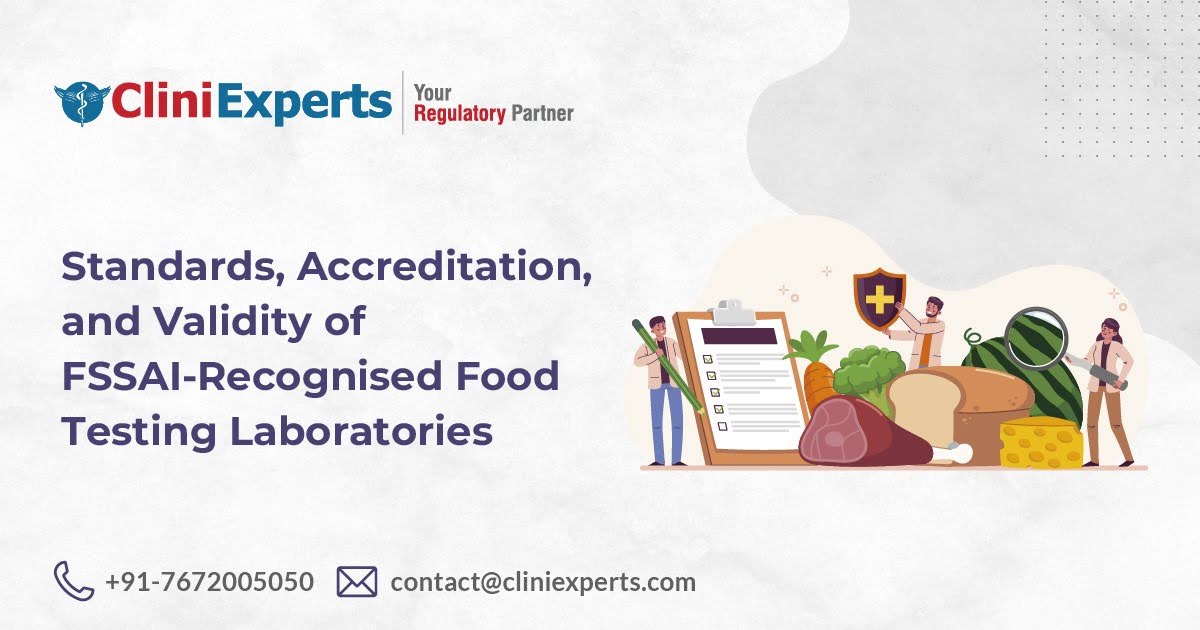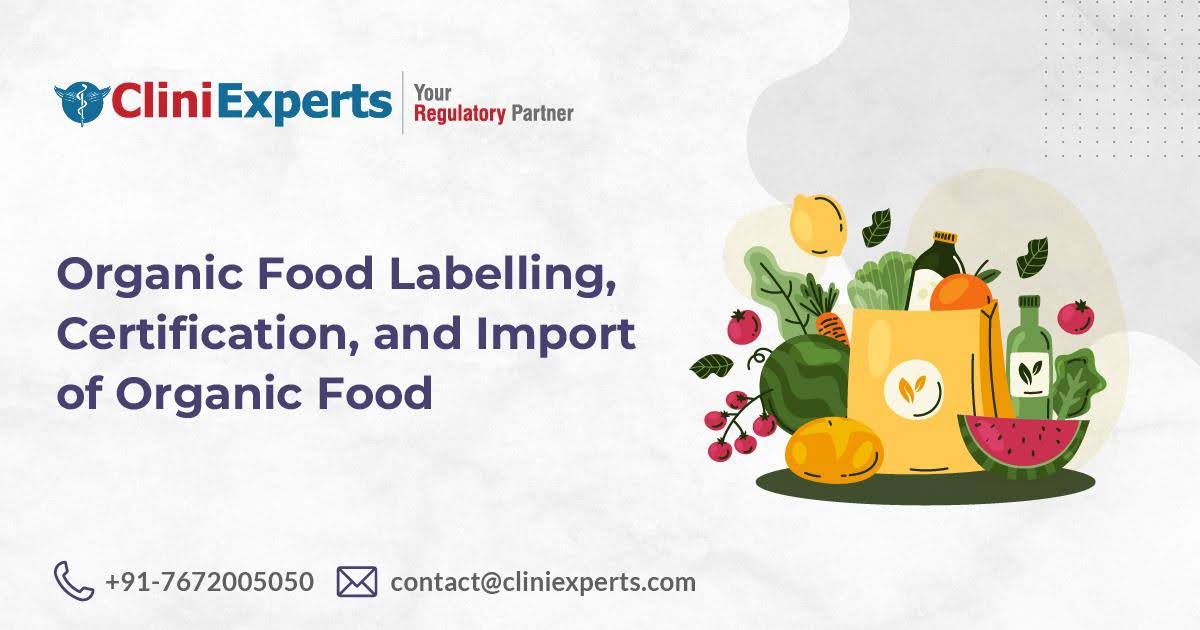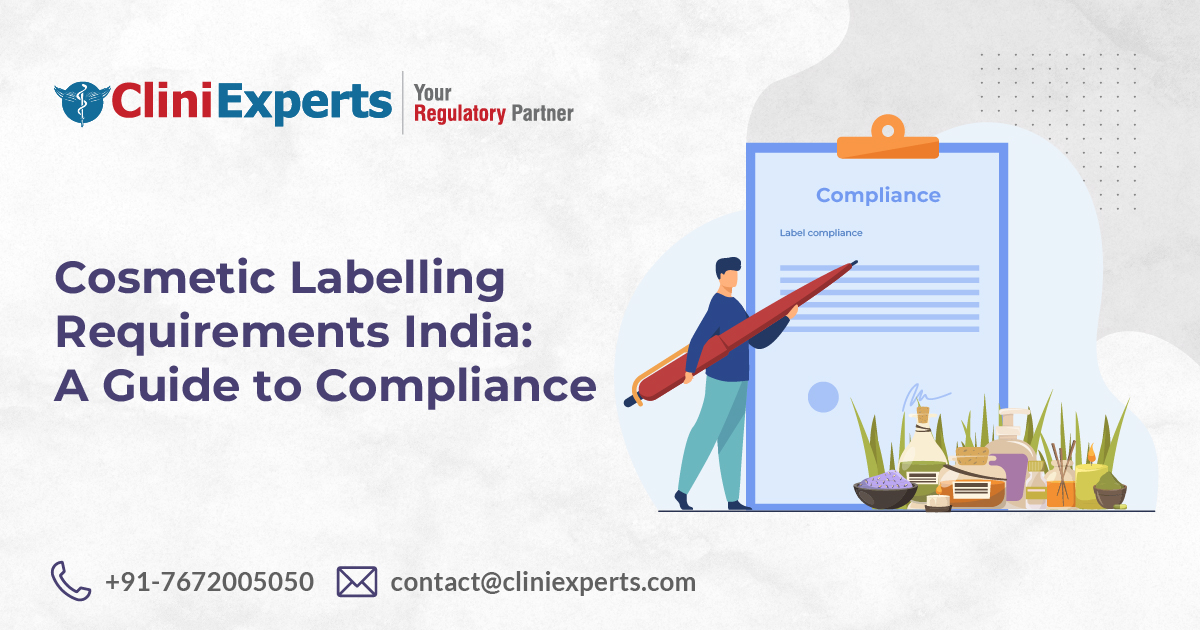Table of Contents
Draft Guidelines on Similar Biologics, 2016
BIOLOGICS AND BIOSIMILARS
Biologics are medicinal products which are mainly composed of living tissues or cells. Sometimes, they are living entity- derived products used for the treatment or prevention of a disease. Biologics mainly include vaccines, blood and blood components, gene therapy, tissues and recombinant therapeutic proteins.
A biologic which is found similar to another biologic is called a biosimilar (similar biologic). In other words, it is essentially another generic version of a medicinal product. It is registered after the evaluation of its efficiency and is compared to the original medicinal product or the innovative medicine to assess the similarity between both. The similarity of the biosimilar to the original/ reference biologics is demonstrated on the basis of similarity in detailed and comprehensive product characterization, preclinical and clinical studies.
The reference biologic used should bear a regulatory approval with complete data package in India. The unauthorized reference biologics should have been approved/ licensed and marketed in a country following ICH guidelines, i.e., the International Council for Harmonization of Technical Requirements for Pharmaceuticals for Human Use.
Need for guidelines on Similar Biologics
GUIDELINES ON SIMILAR BIOLOGICS
In 2012, Union Health Ministry released guidelines on similar biologics so as to smoothen its regulatory pathway for market authorization in the country. Basically, these guidelines were prepared by Central Drugs Standard Control Organization (CDSCO) and the Department of Biotechnology (DBT), to guide all stakeholders to address the regulatory pathway of the similar biologics, keeping in consideration their manufacturing process and safety, efficacy and quality aspects. Moreover, the pre-market regulatory requirements including comparing exercise for quality, preclinical and clinical studies as well as the post-market regulatory requirements for similar biologics have also been addressed in the guidelines. These guidelines mainly focus on the similar biologics containing therapeutically active, well characterized proteins which are produced using the latest advancements in biotechnology.
DRAFT GUIDELINES ON BIOLOGIC SIMILAR, 2016
Recently, on 27th June, 2016, these guidelines were revised by CDSCO and Union Health Ministry so as to enhance and improve the journey of the regulatory pathway for their marketing authorization in the country. The CDSCO has named them as draft guidelines with an aim to streamline the regulatory process which involves granting marketing permission to similar biologics and other biosimilars in India.
SIMILAR BIOLOGICS: DRAFT GUIDELINES,2016
VS. GUIDELINES, 2012
| S.No. | GUIDELINES, 2012 | DRAFT GUIDELINES, 2016 |
|---|---|---|
| a | The Guidelines released in 2012 were documented and were found to be compliant as per the global regulatory requirements. , but they did not follow ICH referencing. They considered the reference biologic similar approved from any country to be well versed with well-established regulatory framework. | The very need to introduce the Draft Guidelines originated so as to introduce ICH referencing. As per the latest guidelines, the reference biologic used to compare the biosimilar needs to be licensed in a country that has adopted the technical requirements for pharmaceuticals for human use which are prescribed by the International Council for Harmonization (ICH), in case it is not marketed/ licensed in India. |
| b | The minimum number of patients required to be enrolled in clinical trials were not specified. | The Draft Guidelines document the eligibility criteria for conducting clinical trials on biosimilars. As per Draft Guidelines, Phase III trials on biosimilars should include minimum 100 patients for evaluation, whereas Phase IV trials need at least 200 evaluable patients. In case of biosimilars used to treat orphan or severe diseases and the disease with limited therapeutic options, the Draft Guidelines allows to conduct clinical trial on a smaller population size. |
| c | The Draft Guidelines are published to make the process for marketing approval in India smoother and simpler for the journey of a biosimilar in India whose activity is almost comparable to another already approved biologic. As other drugs and formulations, the biosimilars are allowed to be manufactured and marketed after the patent of the original drug or product expires. Moreover, health care emergencies also open the doors of pharmaceutical companies to manufacture and market them. |
For more information on our Biologicals service, please visit cliniexperts.com/india-regulatory-services/biologicals/
REFERENCE
- Proposed Guidelines on Similar Biologic: Regulatory Requirements for Marketing Authorization in India. Available at- http://cdsco.nic.in/writereaddata/Proposed%20Guidelines%20for%20Similar%20Biologic%202016.pdf. Accessed on – 30th September 2016.
Saurangi is a food regulatory expert with 8 years of experience. She shares her knowledge and insights on regulatory updates, food trends, best practices, and news. Follow her for expert insights and practical advice on all things for food regulatory
Saurangi Shah
CliniExperts Services Pvt. Ltd.
Recent Posts
Standards, Accreditation and Validity of FSSAI-Recognised Food Testing Laboratories

Short Description FSSAI strengthens food safety in India by accrediting laboratories through NABL, enforcing Good Laboratory Practices, addressing operational challenges, and promoting global st..
Organic Food Labelling In India| Certification, and Import of Organic Food in India

This Article is All About Organic Food Labelling In India and Certification, and Import of Organic Food in India. Explained in Detail About What is Organic Food labelling? Summary Short Description Wi..
Cosmetic Label Compliance India : A Guide to Compliance

Introduction Looking for Cosmetic Label Compliance India? Are you a cosmetic manufacturer or importer navigating the complex world of Indian regulations? Ensuring your product labels comply with the l..
HAVE A QUERY?
REACH US!Office
New Delhi
Unit No. 324 & 325, City Centre Mall, Plot No. 5, Sector 12, Dwarka, India - 110075
+917672005050
Bengaluru
RMZ Galleria, 1st floor, Ambedkar Colony, Yelahanka, Bengaluru, Karnataka, India – 560064
Call us on
Sales: +91 7672005050
Reception: +91-11-45214546
Timings
9 am to 6 pm (Monday to Friday)


